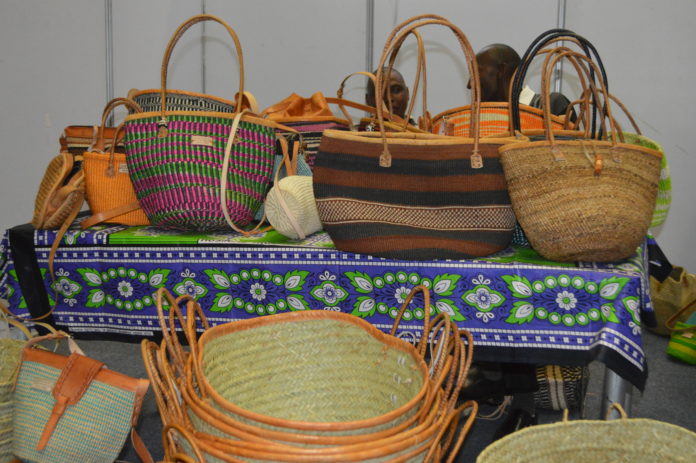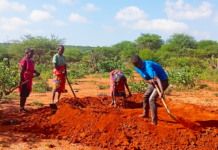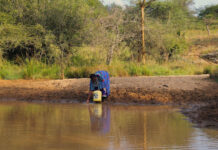By Sharon Kiburi
The move to ban plastic bags being spearheaded in Kenya by the National environment management authority(NEMA) is not a smooth one.
As Kenya strives to be a middle-income economy by 2030 is also expected to have a clean environment.It seems to be disturbing the status quo for the manufacturers, distributors and the consumers (users). NEMA argues that the current status of so much cabbage/ litter in the country is due to the plastic bags that are damned everywhere. As the deadline to the ban gets closer to ban of using polythene bags the pressure to adopt and use alternative bags is creating a state of confusion in the country. Not to forget the number of people who will be jobless as a result of this move ban plastic polythene paper bags. The durability and aesthetics of the alternative papers suggested for use is also a concern for many Kenyans.
It seems to be disturbing the status quo for the manufacturers, distributors and the consumers (users). NEMA argues that the current status of so much cabbage/ litter in the country is due to the plastic bags that are damned everywhere. As the deadline to the ban gets closer to ban of using polythene bags the pressure to adopt and use alternative bags is creating a state of confusion in the country. Not to forget the number of people who will be jobless as a result of this move ban plastic polythene paper bags. The durability and aesthetics of the alternative papers suggested for use is also a concern for many Kenyans.
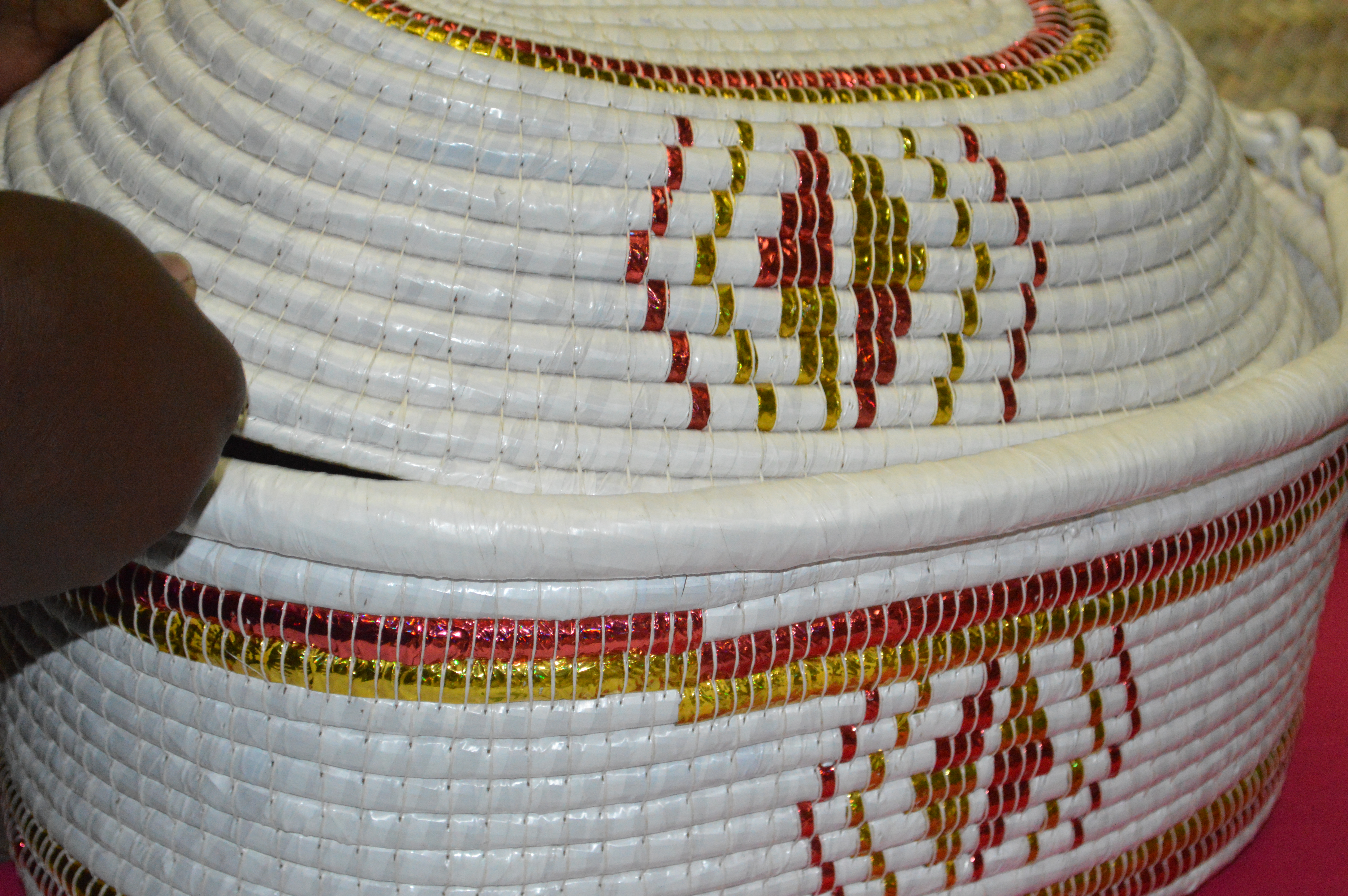
As the deadline to the ban gets closer to ban of using polythene bags the pressure to adopt and use alternative bags is creating a state of confusion in the country. Not to forget the number of people who will be jobless as a result of this move ban plastic polythene paper bags. The durability and aesthetics of the alternative papers suggested for use is also a concern for many Kenyans.
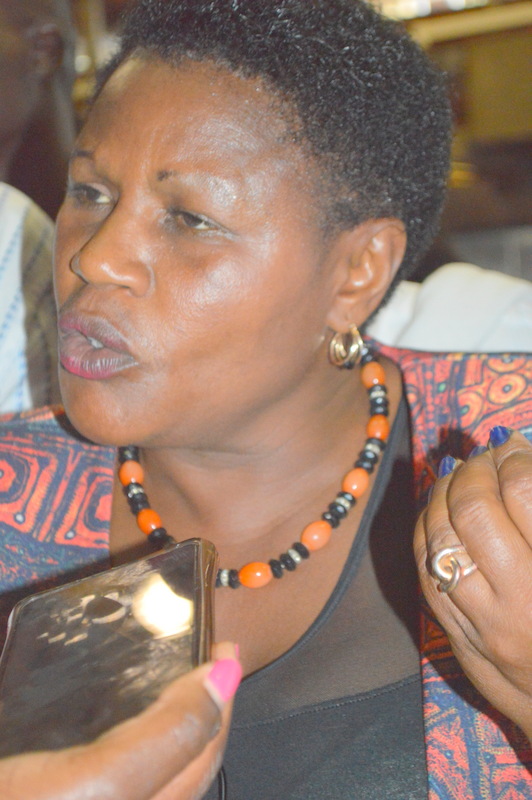
Deputy director of environmental awareness and public participation in NEMA Mrs. Betty Nzioka says it is the interest of Kenyans that they embrace and accept this new move. NEMA is willing and ready to help and guide to so that the public adopts well to the change. She also alluded that Kenya being the head quarter of united nation environmental program (UNEP) it would be crucial for Kenyans to embrace a move that will help reduce the litter around as so as to lead as a good example.
NEMA is willing and ready to help and guide to so that the public adopts well to the change. She also alluded that Kenya being the head quarter of united nation environmental program (UNEP) it would be crucial for Kenyans to embrace a move that will help reduce the litter around as so as to lead as a good example.
NEMA is also encouraging reusing and recycling waste plastic and polythene paper bags to make other products which would go along way in aiding the decluttering of the cabbage in the country. Betty adds that patriotism is well put to action when citizens are willing to support things that will build and grow their country. This move will help Kenya become a cleaner and hence make citizens feel proud to be associated with Kenya.
Betty adds that patriotism is well put to action when citizens are willing to support things that will build and grow their country. This move will help Kenya become a cleaner and hence make citizens feel proud to be associated with Kenya.
Despite all the positivity, this move may bring to the environment, it may not necessarily be the answer that Kenyans need.

Speaking to Wangari Waiyaki a distributor and a start up manufacturer for Plastic polythene paper bags , who stands to go at a loss of one point five Kenya million shillings when this ban is effected say that the banning this bags is not a solution. She feels the solution should be sensitizing Kenyans on the importance of waste management and proper disposal of cabbage. Because not using plastic bags in it self-does not solve the problem.
Instead, NEMA should come up with a system that will involve all counties on proper ways of cabbage collection and management. This will give jobs to the youths involved in the collection activities, may lead to the industrial development of local recycling industries which may assist cap unemployment rate in the country. Also using the right technology the plastic polyethene material good be used to build roads which can help solve the problem of impassable roads in the reserve areas hence developing the counties.
This will give jobs to the youths involved in the collection activities, may lead to the industrial development of local recycling industries which may assist cap unemployment rate in the country.
Also, using the right technology the plastic polyethene material good be used to build roads which can help solve the problem of impassable roads in the reserve areas hence developing the counties.
In the retail industry, the ban will majorly affect the majority of businesses. A.A Mithaiwalla a confectionery business and owners of a restaurant that specializes in Indian cuisines.

Abdulali Alibiini says this move will affect them largely especially in their confectionary work. This is because the alternative available packaging method is expensive and will definitely affect their production cost. This will later translate into the price of the final product hence trickling down to the production cost the consumer. Steven Nderu in the meat industry is concern about the packaging of meat especially the wet meat which was easier to pack in the plastic polythene bags.
The waste and environment association of Kenya the umbrella body of waste collectors, chaired by Chege Kariuki have also found themselves in a difficult situation in being able to carry out the duties. Since as their chairman Chege Kariuki says that is waste collection cannot be done without bin liners and the alternative plastic waste bin liner being proposed is impossible due to the cost it may be inflicted on the waste collectors companies. The chairman says that if NEMA does not allow them to use the bin Liners the waste collectors companies may not be in the business of cabbage collection when the ban is effected. These may result in bigger waste problems.
Photos by: Sharon Kiburi

